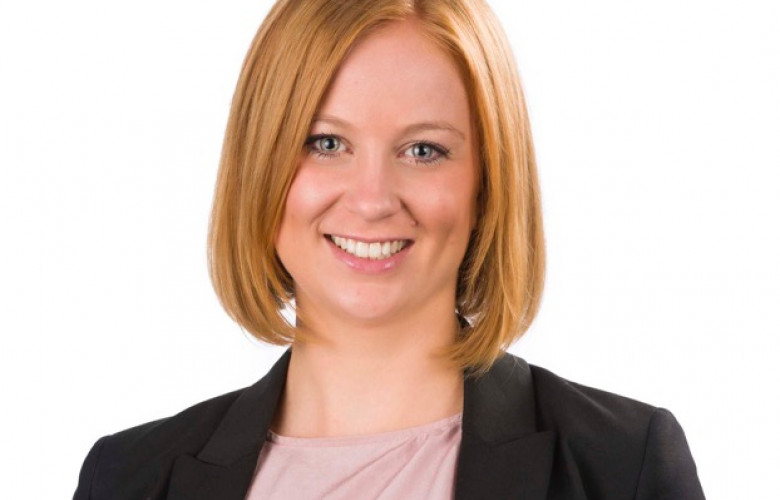Get to know Danni Addison
Contact
Get to know Danni Addison
Danni Addison is the Chief Executive Officer of the Urban Development Institute of Australia in Victoria.
What does your job involve?
The Institute is Victoria’s leading advocate for the urban development industry, representing a wide range of organisations including development firms and builders, and members of the finance, planning, engineering, government and legal industries. The Institute champions an intensive advocacy agenda which promotes the activities of the urban development industry, encourages investment and ensures that housing and well-planned communities are affordable and accessible for all Victorians. I am the chief advocate for the organisation on all matters within the state of Victoria and a voice for all our industry with government stakeholders, industry leaders and the community.
Could you please give us a brief description of your education and qualifications?
My introduction into the property sector was through my first job in a large legal firm. The experience of literally doing everything from photocopying to running large settlement projects and preparing advice for the firm’s property and development clients gave me a great understanding of the industry and the importance of the housing sector to our prosperity.
From there, I followed my interest in public policy and spent time with the Department of Premier and Cabinet. But my passion for the property sector called me back in to a role with the Property Council as the Victorian Policy and Public Affairs Manager. It was in this role that I discovered the enormous but greatly rewarding challenge of being an advocate for this vitally important industry. I realised very quickly that the work I did and the issues I represented to government, had very real and tangible impacts for Victorian homebuyers, and for the way members of the development industry were able to preserve and promote housing affordability. Being on the other side of the decision making table as a Senior Advisor for the former Minister for Planning, Matthew Guy, was a very formative experience for me and taught me a lot about the values of the Victorian community.
What challenges have you faced through your career that got you where you are today?
I have learnt to be brave, back myself and don’t be afraid to challenge what you think needs changing. I am comfortable with being one of the only women at the board table, and have never let that silence me or stop from moving forward in my career.
What motivates you in your career?
I work very hard to develop, promote and deliver solutions that improve how we, as government and as industry, house Victoria’s growing population. I am passionate about doing what we can as an industry, to make sure housing is affordable and that there is enough housing for it to remain accessible to all Victorians. I work closely and directly with government policy makers and am engaged in the legislative and political process in an effort to best represent the industry’s issues to government and other stakeholders. Close engagement with members of the urban development industry is key to achieving these outcomes.
I also feel strongly about the career development and progression of women into senior roles in the urban development industry. I hope what I am doing helps give others the confidence to keep pushing themselves forward.
What advice would you give to other women to inspire them to overcome inequality in the workplace?
When I am having conversations about female participation I often say the onus is on us. No one is going to fix it for us. No one is going to make us succeed for except us. We have to get out there and make it happen. Women do need to make the best of what they have at their disposal and not be afraid to do so. A part of that is empowering women to do so within organisational structures. If you don’t ask you don’t get. If you don’t chase something you’re still further away from it. I think there is a little bit of a duty on us to not shy away from doing that.
Seemingly simple but a common issue is remaining in control of work/life balance. What I leant is to not give the control to work. You might think that work is taking over, but you let it take over. You have got to be ruthless. Work the way it works for you. I know that not possible in every role, but for me personally; I also make time for health, fitness, family but it doesn’t need to be to the detriment of my work. If it’s not working for you, do your best to change it because you will only be a better employee, or a better employer, if your life and your work are in balance.





